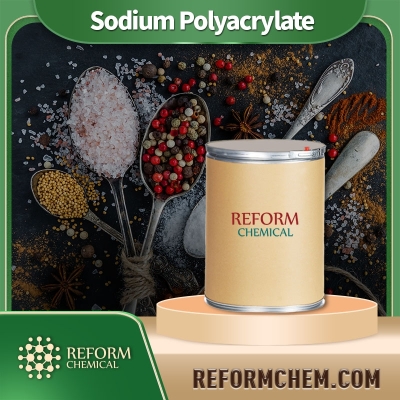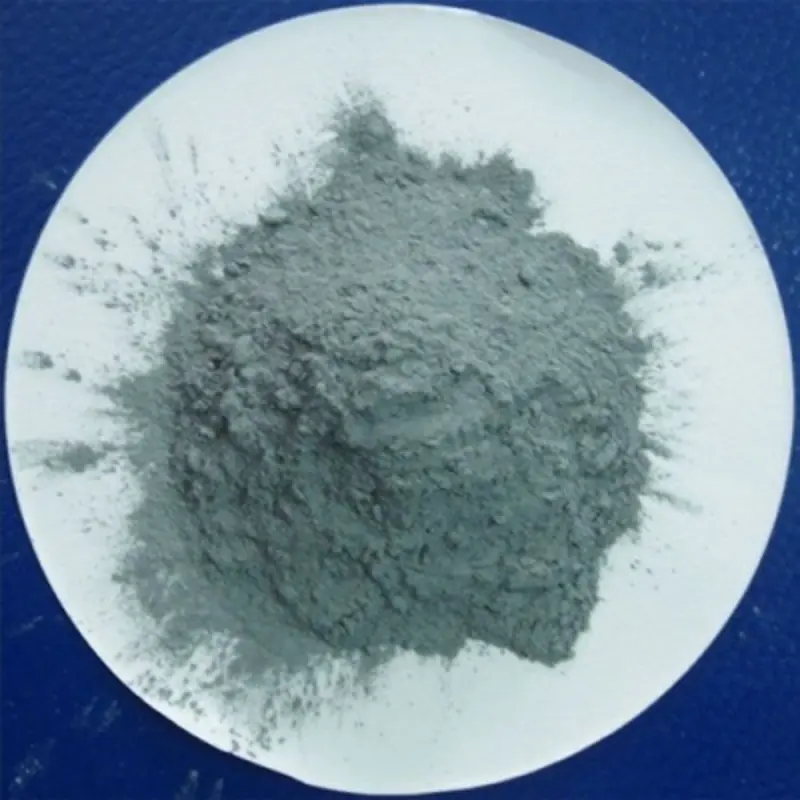-
Categories
-
Pharmaceutical Intermediates
-
Active Pharmaceutical Ingredients
-
Food Additives
- Industrial Coatings
- Agrochemicals
- Dyes and Pigments
- Surfactant
- Flavors and Fragrances
- Chemical Reagents
- Catalyst and Auxiliary
- Natural Products
- Inorganic Chemistry
-
Organic Chemistry
-
Biochemical Engineering
- Analytical Chemistry
-
Cosmetic Ingredient
- Water Treatment Chemical
-
Pharmaceutical Intermediates
Promotion
ECHEMI Mall
Wholesale
Weekly Price
Exhibition
News
-
Trade Service
Title: The Production and Applications of T-4 Bis[2-(Hydroxy-κO)benzoato-κO]lead in the Chemical Industry
Introduction
T-4 bis[2-(hydroxy-κO)benzoato-κO]lead, commonly referred to as T-4, is a lead-based heteropolyacid that has been widely used in various chemical reactions due to its strong acidity and ability to activate a variety of substrates.
T-4 has garnered attention in recent years due to its unique properties and versatile applications in various industries, particularly in the chemical industry.
This article aims to explore the production and applications of T-4 in the chemical industry.
Production of T-4
T-4 can be produced through a multi-step synthesis process that involves the reaction of lead nitrate with sodium hydroxide, followed by treatment with sodium benzoate and hydrolysis.
The synthesis process can be represented as follows:
Pb(NO3)2 + 2 NaOH → Pb2(OH)2NO3 + 2 NaNO3
Pb2(OH)2NO3 + C6H5CO2H → Pb2(C6H5CO2H)2 + 2 HNO3
The first step involves the reaction of lead nitrate with sodium hydroxide to form lead hydroxide and nitric acid.
The lead hydroxide is then treated with sodium benzoate, which undergoes hydrolysis to form benzoic acid, resulting in the formation of T-4.
Applications of T-4
T-4 has a wide range of applications in the chemical industry due to its strong acidity and ability to activate a variety of substrates.
Some of the most common applications of T-4 include:
- Catalytic Cracking of Oil
T-4 is used in the catalytic cracking of oil to improve the efficiency of the process.
The strong acidity of T-4 helps to activate the catalyst used in the cracking process, resulting in higher yields of gasoline and other petroleum products.
- Production of PVC
T-4 is used in the production of polyvinyl chloride (PVC) due to its ability to activate the polymerization of vinyl chloride.
The strong acidity of T-4 helps to initiate the polymerization process and improve the efficiency of the reaction.
- Production of Soaps and Detergents
T-4 is used in the production of soaps and detergents due to its ability to activate the saponification of fats and oils.
The strong acidity of T-4 helps to break down the fats and oils, resulting in the formation of soap and glycerol.
- Production of Phenol
T-4 is used in the production of phenol due to its ability to activate the hydrolysis of benzene.
The strong acidity of T-4 helps to break down the benzene, resulting in the formation of phenol and acetylene.
- Production of Fertilizers
T-4 is used in the production of fertilizers due to its ability to activate the nitrification of ammonia.
The strong acidity of T-4 helps to break down the ammonia, resulting in the formation of nitrate and other nitrogen-containing compounds.
Conclusion
T-4 bis[2-(hydroxy-κO)benzoato-κO]lead is a versatile compound with a wide range of applications in the chemical industry.
Its strong acidity and ability to activate a variety of substrates make it a valuable tool in various chemical reactions.
The production of T-4 can be achieved through a multi-step synthesis process that involves the reaction of lead nitrate with sodium hydroxide, followed by treatment with sodium benzoate and hydro




![Aluminum, [(2E)-2-butenedioato(2-)-κO1]hydroxy- Al-Fum](https://file.echemi.com/fileManage/upload/goodpicture/20230919/ibrutinib-high-quality_b20230919163357076.jpg)


